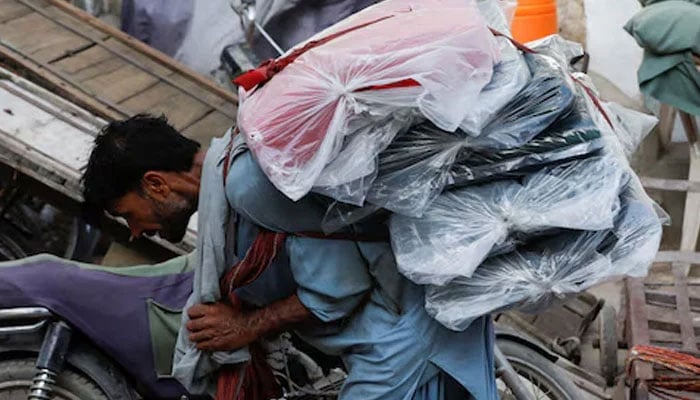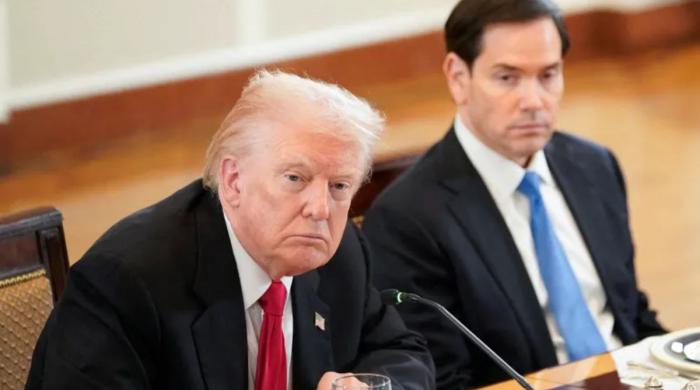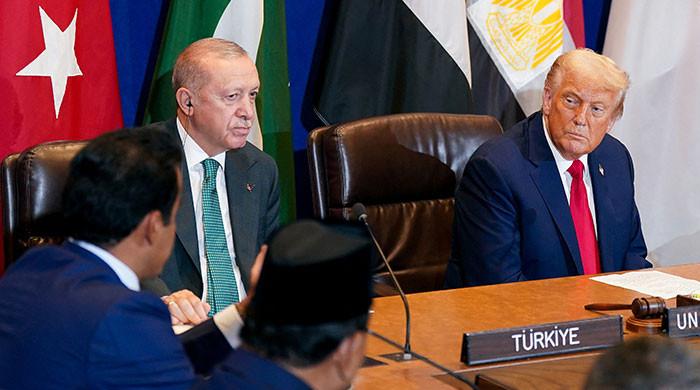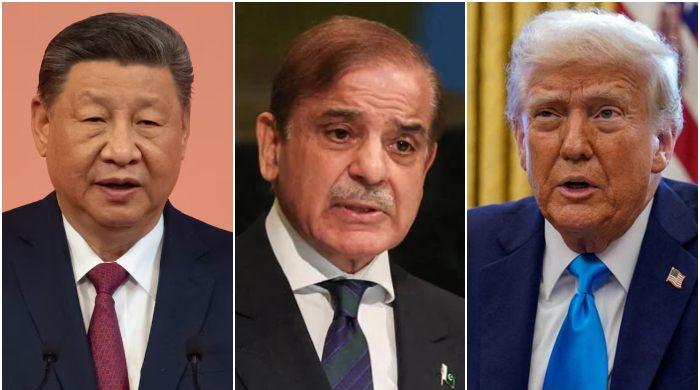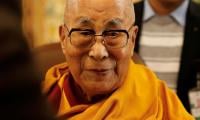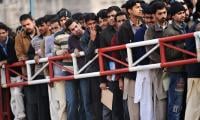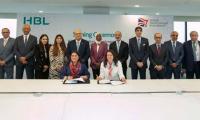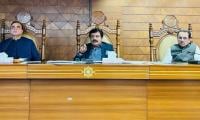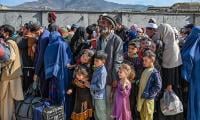Pakistan's mismanagement: A call for prioritisation of public welfare
One of the most visible factors of this mismanagement is the disruption caused to the daily lives of ordinary Pakistanis
Pakistan, a nation shining with potential, has long been plagued by systemic mismanagement and a disparity between the privileged elite and the common citizen. While the country boasts a rich cultural heritage, a passionate populace, and a deep love for cricket — a sport that unites millions — its governance and resource allocation often leave much to be desired.
One of the most visible factors of this mismanagement is the disruption caused to the daily lives of ordinary Pakistanis due to protocols for the elite, such as cricketers, politicians, and other high-profile individuals. Roads are shut down, traffic is paralysed, and the common man is left stranded, all while the top 1% enjoy seamless passage. This is not just an inconvenience; it is a symptom of a deeper problem — a system that prioritises the few over the many.
The problem: Disruption for the common man
When a famous cricketer or politician travels through a city, it is not uncommon to see entire roads blocked off, traffic diverted, and security protocols that seem excessive. While security is undoubtedly important, the scale of disruption caused by these measures is disproportionate and often unnecessary. For the average Pakistani, this means delayed commutes, missed appointments, and hours wasted in traffic. These disruptions are not just frustrating; they are a reminder of the inequality that permeates Pakistani society. The elite enjoy privileges funded by the taxes of the very people whose lives are disrupted, while the common man struggles to navigate an inefficient traffic system.
A simple solution
One practical solution to this problem is the construction of hotels adjacent to major stadiums and event venues. By providing accommodations within walking distance of these locations, the need for elaborate security convoys and road closures would be significantly reduced. This approach has been successfully implemented in other countries, where athletes, celebrities, and politicians can move discreetly and efficiently without causing widespread disruption. In Pakistan, this would not only ease the burden on the public but also boost local economies by creating jobs and attracting tourism. It is a win-win solution that prioritises the welfare of the common man while still ensuring the safety and convenience of high-profile individuals.
Rethinking security protocols
The current approach to security for the elite is often more about showcasing strength than ensuring safety. Long motorcades, road closures, and excessive displays of force are not only inefficient but also alienate the public. Instead, the government should adopt more discreet and effective security measures. For instance, advanced planning, the use of technology, and coordination with local law enforcement can ensure safety without disrupting daily life. The resources saved from these measures could then be used toward improving public infrastructure, healthcare, and education — areas that desperately need attention in the rural parts of our nation.
Investing in traffic infrastructure
Pakistan’s traffic system is in dire need of reform. Poorly maintained roads, inadequate traffic regulations, and a lack of enforcement have turned daily commutes into a nightmare. The result is a rising number of fatal accidents, with thousands of lives lost each year. Instead of spending millions on unnecessary security protocols, the government should invest in modernising the country’s traffic infrastructure. This includes building better roads, implementing intelligent traffic management systems, and enforcing stricter safety regulations. By prioritizing the safety and convenience of the public, the government can significantly improve the quality of life for millions of Pakistanis.
Conclusion: A call for prioritisation and reform
Pakistan is at a crossroads. The mismanagement of resources, the disruption caused by elite protocols, and the failure to address systemic issues are holding the country back. It is time for the government to reassess its priorities and focus on the welfare of the common man. By investing in practical solutions like hotels near stadiums, modernising traffic infrastructure, and tackling corruption, Pakistan can begin to address the root causes of its problems. The country’s potential is immense, but it can only be realised through meaningful reform and a commitment to equality and justice. The time for change is now.
— The young writer is Aitchison College student
-
Dalai Lama angers China with reincarnation claim as he marks 90th birthday
-
Unleashing chaos or change? The compendium of today's youth
-
UK's BII, local bank announce $75m finance facility for farmers
-
Teachers recruitment phase in Sindh extended till June 30
-
Karachi Grammar School wins Reflections School Tournament
-
Reflections School Championship: KGS thumps St Lawrence to reach final
-
Journey through chaos: Mazhar Abbas’ chronicle on Pakistani politics and society
-
Displaced and distressed: Intensifying Afghan refugee crisis in Pakistan
